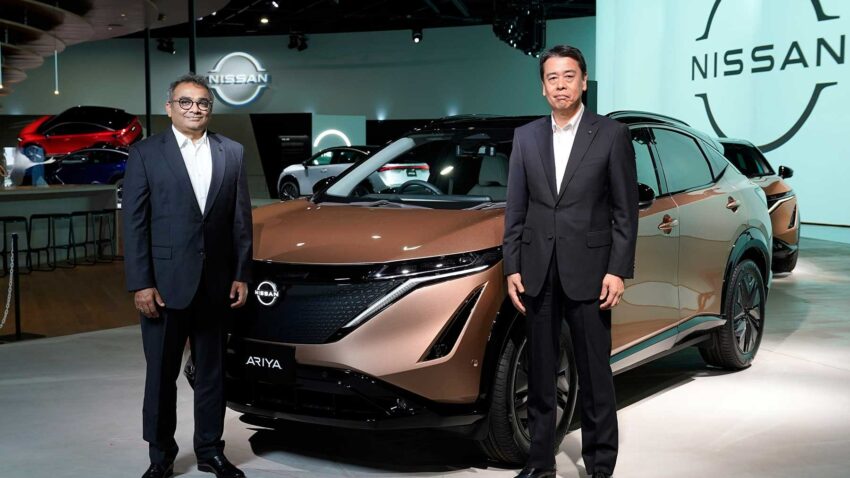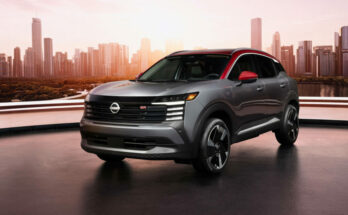Nissan has decided to move away from the development of new internal combustion engines (ICE) in Europe once a tougher set of emissions standards, known as Euro 7, come into force.
During an interview with CNBC, Ashwani Gupta the CEO of Nissan laid out some of the reasons behind the planned shift. The key reason is related to how competitive ICE cars would be following the introduction of Euro 7, given that new technology would have to be used for these vehicles to comply with regulations. Another factor to consider was whether customers would be willing to pay for the cost of such tech. Gupta says:
“If the total cost of ownership of battery electric cars at Euro 7 is less than the total cost of ownership for the ICE cars, [then] definitely, customers will go for battery cars. So that’s why we’ve decided not to develop ICE engines, starting [from] Euro 7, for Europe.”

Gupta was also keen to stress that the decision is related to the development of new ICE engines, rather than those already in the market. He explained that Nissan believed customers would have to pay “much more” for an ICE car than an electrified one at the time of Euro 7′s introduction.
“It’s not us who is deciding, it’s customers who will say that the electric car has more value than [an] … ICE car.”
However outside Europe, Nissan would “continue to do ICE engines as far as it makes sense for the customer and for the business.”
Last November, Nissan said it would invest 2 trillion Japanese yen ($17.3 billion) over the next 5 years to speed up the electrification of its product line. The company said by 2030 it aims to roll out 23 new electrified models, 15 of which will be fully electric. It is targeting a 50% electrification mix for its Nissan and Infiniti brands by the end of the decade.

A computer animation professional with over 23 years of industry experience having served in leading organizations, TV channels & production facilities in Pakistan. An avid car enthusiast and petrolhead with an affection to deliver quality content to help shape opinions. Formerly written for PakWheels as well as major publications including Dawn. Founder of CarSpiritPK.com




